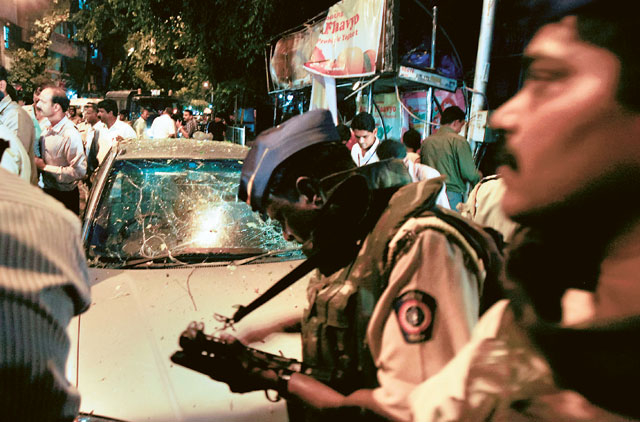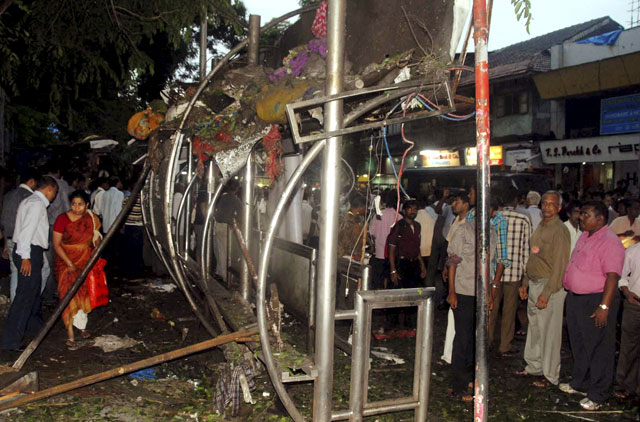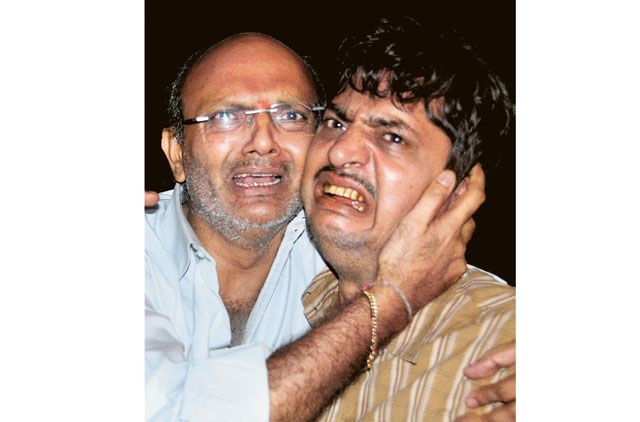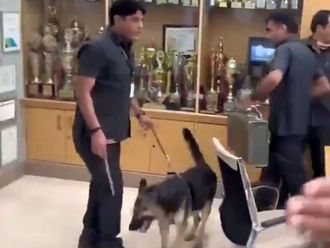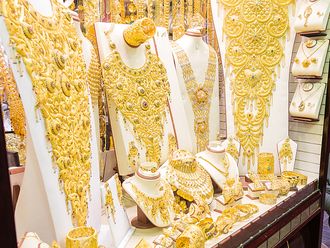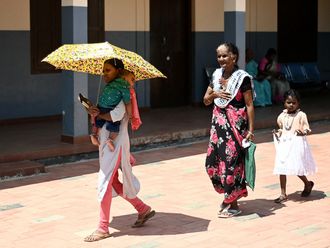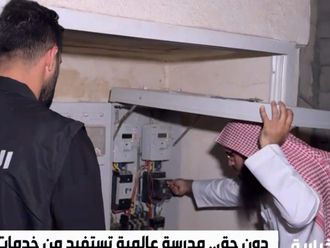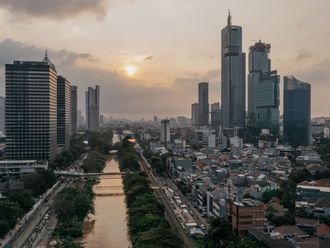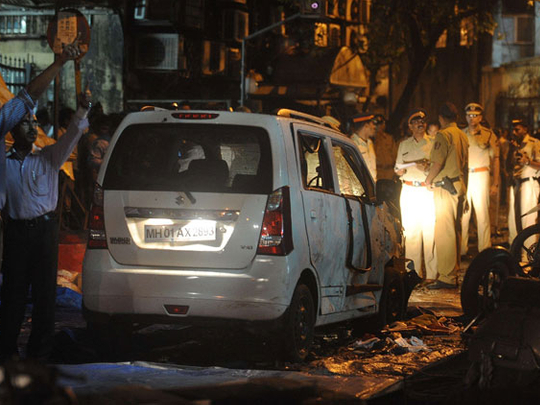
Mumbai: Memories of the 26/11 attacks came back to haunt Mumbai on Wednesday when three serial blasts ripped through popular areas of the financial hub killing 20 people and injuring over 113.
As news of casualties poured in, Chief Minister Prithviraj Chavan said he was stationed at Mantralaya, the state headquarters, from where he was in touch on the hotline with the police and the Brihanmumbai Municipal Corporation. He was also keeping Prime Minister Manmohan Singh, Home Minister P Chidambaram and Congress President Sonia Gandhi informed regularly, he said.
The explosion at the popular Khau Galli in south Mumbai's Zaveri Bazaar, a bustling gold and jewellery market, where the famous Mumbadevi temple is also located, injured scores of people.
Police Commissioner Arup Patnaik said 20 to 30 people were injured at Zaveri Bazaar where the police found an IED (improvised explosive device) in an umbrella and are now examining the explosive. He also said at Charni Road, "high projectiles hit cars and a number of motorcycles were burnt". He said the police have sealed the city.
In Dadar, the blast near the Antonio D'Silva School and Khabutar Khana, a nesting ground for pigeons, occurred at a bus stop. The worst of the blasts was at Opera House at Charni Road where diamond trading offices are located and people spoke of a deafening blast.
A team of National Investigation Agency (NIA) is being sent from Delhi to Mumbai to assist in the investigation even as the National Security Guard has been put on stand-by.
Wednesday's was the third blast at Zaveri Bazaar. Two other blasts had rocked this locality on March 12, 1993 serial blasts and on August 25, 2003.
"We have put the city on high alert… Mumbai has been sealed off… checks are being carried out across the city," Patnaik told reporters. Chavan and Chidambaram too said that Mumbai has been put on maximum alert.
People complained that the mobile network was jammed for quite some time after the blasts. Although the police said that they have not asked the service providers for any such thing, experts said that anxious people calling their relatives and friends led to the jamming of the networks.
There was commotion at several places in the city after they got the news of the bomb blasts. Many people rushed for their homes early. There were crowds at railway stations in south Mumbai, such as Charni Roadd station, Marine Lines and Dadar .
Thirty-one-year-old Sourav Mishra, who was shot in his wrist during the 26/11 attacks, said he felt a sense of deep pain and said he has lost faith in the system.
"While returning by the local train I thought of rushing to the blast sites and helping the victims, but I could not muster the courage of witnessing gory sights. I am feeling helpless," Mishra said.
Memories
Mishra said he doesn't want to watch television news channel as it will bring back the memories of the Mumbai 26/11 attack.
"I don't want to watch any channel. In fact, I want to stay away from any kind of news pertaining to the blasts," he said.
"Coming to Mumbai and slaughtering people has become business as usual. It is easy for the terrorists to penetrate the security and kill people," said Mishra on a despondent note.


